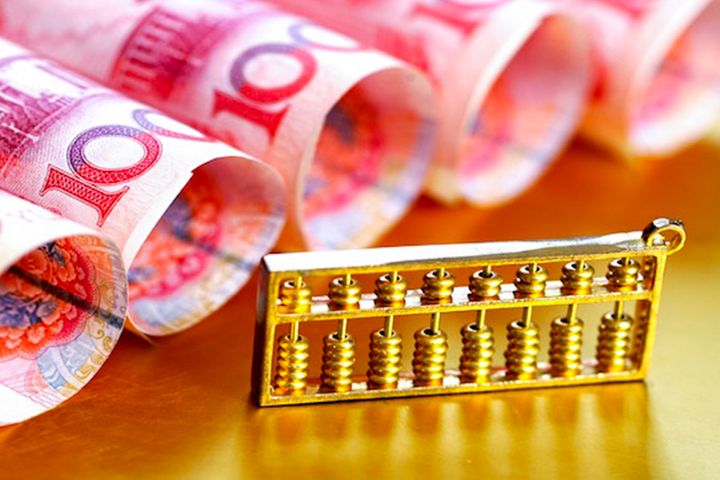 China Has Room to Lift Budget Deficit Ratio, Gov't Says, Amid Concern It Could Breech 3%
China Has Room to Lift Budget Deficit Ratio, Gov't Says, Amid Concern It Could Breech 3%(Yicai Global) March 16 -- China's government has room for an appropriate increase of the budget deficit ratio, a government official said today in response to concerns that the rate could exceed 3 percent this year.
Fiscal revenue has been greatly affected by the Covid-19 epidemic, while consumer expenditure, including on items to cope with the outbreak, has increased, National Bureau of Statistics spokesman Mao Shengyong said at a press conference.
In general, the government's debt is still low, and some debt-forming assets have sound profitability, Mao said. From that perspective, the budget deficit ratio has room for a suitable increase.
European Union member states agreed to stay within a deficit limit of 3 percent of gross domestic product as part of the bloc's Stability and Growth Pact. But that cap was a compromise and its scientific basis and rationality have long been questioned by the rest of the world. Some EU nations have already gone beyond 3 percent.
An increasing number of experts believe that China could also exceed 3 percent this year firstly because of the economic situation. The main economic indicators for the first two months have mainly fallen, and expanding the fiscal deficit appropriately can hedge the downward pressure on the economy.
Secondly, macroeconomic regulation and control also require fiscal policies, and recent fiscal support has increased significantly. Since the virus outbreak, China has strengthened financial and tax support measures to fight the epidemic and help companies resume work and production.
For example, fiscal prevention expenditure at various levels exceeds CNY100 billion (USD14.3 billion), and new tax and fee reduction policies, including reductions in corporate social security fees, have led to an estimated reduction of over CNY1 trillion (USD142.6 billion).
Weak Data
Though China has yet to release its financial data for the first two months, the main economic figures have been. Based on those, many experts expect fiscal revenue to fall in the first two months, leading to increasing deficit and fiscal deficit rates.
Finally, the Chinese government's debt ratio was 37 percent as of the end of 2018, which was significantly lower than the international threshold of 100 percent to 120 percent, according to the Ministry of Finance. That shows that the fiscal deficit rate can be increased in the short term.
The deficit rate serves the country's economic and social development, Wu Jingzhou, a researcher at the Chinese Academy of Fiscal Sciences, told Yicai Global. China's debt ratio is far lower than those of major developed countries and emerging markets. Also, the Chinese government has good credit and a moderate increase in the government debt ratio will share market participants' epidemic prevention costs, which is necessary not only for the government to perform its duties, but also for the development of the economy and society.
Yang Zhiyong, deputy director of the National Academy of Economic Strategy of the Chinese Academy of Social Sciences, said that the pressure on fiscal revenue and expenditure has increased due to the epidemic, and the fiscal deficit rate needs to be increased, but not too much. Because of China's huge economy, the size of spending corresponding to a 0.1 point hike will also be large. The size still needs to be determined based on factors such as the extent of the epidemic's impact.
China can raise the deficit rate to over 3 percent in the short term to tackle the epidemic but it is not appropriate to hike it too much, according to Prof. Shi Wenwen of China University of Political Science and Law. If the economy operates smoothly again next year, the rate can be reduced.
Editor: Peter Thomas